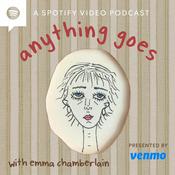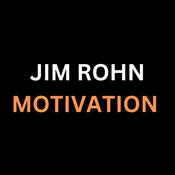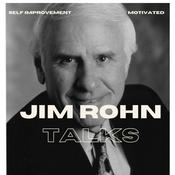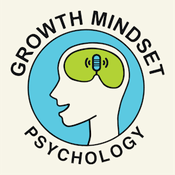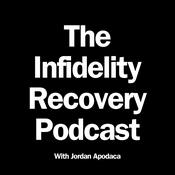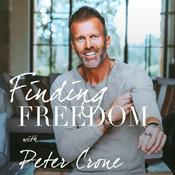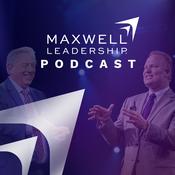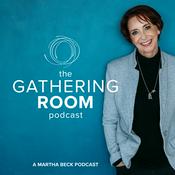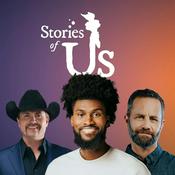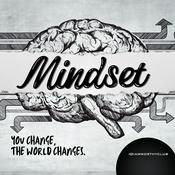224 episodes
- Over the past few weeks, I've had AI generate 13 math lessons.
Teachers ARE using AI to generate lessons—whether we like it or not. So instead of pretending that's not happening, I decided to put AI to the test. Can it actually create good math lessons?
The short answer? Not really.
But the insights I gained from evaluating those 13 AI-generated lessons? Those apply to ANY math lesson—AI-generated or straight from your textbook.
In this episode, I share the 3 biggest things I learned:
Lesson #1: AI needs tons of detail in your prompt. I started with simple prompts like "Create a lesson for this standard" and got surface-level, procedural lessons. Even when I added more detail, AI still missed the mark. To get a truly good lesson, you'd need to give AI so much detail that you might as well write the lesson yourself.
Lesson #2: AI doesn't know learning progressions. This is the biggest problem. AI assumes the standard you give it is exactly what students are ready for RIGHT NOW. But standards are where students need to be at the END of the year. AI doesn't understand where students typically are at the beginning, what foundational concepts need to be in place first, or where YOUR specific students are in their learning journey.
Lesson #3: AI lessons are a starting point, not a finished product. Bottom line: I don't recommend using AI for lesson plans. But if you do, evaluate it with a critical eye and modify based on what you know about your students and the learning progression.
So what IS AI good for?
Analyzing data to find patterns in coaching cycles or assessment data
Generating differentiated materials as a starting point
Drafting communication and handouts (that you then edit)
AI can handle mundane tasks so you have more time for the human work—coaching conversations, relationship-building, and instructional decision-making.
My YouTube Shorts series: I'm doing a series called "AI Made This Lesson, Let's Make It Better" where I show you—in under 2 minutes—how to improve AI-generated lessons. But here's the thing: those same modifications apply to textbook lessons too. Watch them all (even if they're not your grade level) because the advice applies everywhere.
Resources mentioned:
YouTube Shorts playlist: "AI Made This Lesson"
2026 Virtual Math Summit sessions from Dr. Kristopher Childs and Dr. Nicki Newton
Register free at VirtualMathSummit.com
AI isn't going away. So let's learn how to use it wisely.
Register at VirtualMathSummit.com to learn from experts about how to use AI in Education in the best ways. - Teachers are overwhelmed, students are struggling, and the strategies that worked pre-pandemic aren't working anymore.
In this episode, I tackle one of the biggest mindset barriers happening right now: "They should already know this."
Yeah, they should. But they don't. So now what?
I'm giving you three practical coaching strategies to help teachers shift from "they should know this" (which leads to frustration and blame) to "here's where they are and here's how we move them forward" (which leads to action and hope).
You'll learn:
How to help teachers identify the actual gap so it feels manageable, not overwhelming
How to reframe "catching up" as "building forward"—addressing foundational gaps within current instruction
How to normalize where students are and reset expectations around the timeline
Math recovery is taking longer than reading recovery since the pandemic. Your teachers aren't failing—they're working with a different reality.
Resources mentioned:
2026 Virtual Math Summit sessions from Jen Hunt, Graham Fletcher, Ann Elise Record, and Dr. Sue Looney
Register free at VirtualMathSummit.com
Whether you're a math coach, instructional coach, or administrator supporting math teachers, this episode will help you address one of the most common (and most damaging) mindsets holding us all back right now.
Register at VirtualMathSummit.com to learn from experts to help your staff Build Forward. - In this episode, we tackle a hot topic in education: the Science of Math. Inspired by a podcast about women's health and a meeting with state math supervisors, I'm exploring two critical questions educators need to ask when applying research to their math instruction.
First, is a powerful parallel I had when I heard: "Women are not small men" and that helped me think that math is not reading. Let's challenge the common practice of taking research from reading instruction and automatically applying it to mathematics without questioning whether it actually fits. Just because something works for teaching reading doesn't mean it will work for teaching math—our brains process these subjects differently.
Second, I challenge you to really take a look at the good and bad of what research suggests we do through the lens of timed tests. While research shows timed tests can increase fact retention, I ask the important follow-up questions: What about student anxiety? What about their enjoyment of math? I break down the actual benefits of timed tests (goal-setting, measuring progress, feeling achievement) and challenge listeners to find ways to get those benefits without the negative side effects.
I'll leave you with two key questions to ask whenever you hear about "what the science says":
Was this research actually done with mathematics, or are we borrowing from another field?
If the research looks good but feels wrong, can you get the benefits without the downsides?
Resources mentioned:
Christina's previous video on timed activities
2026 Virtual Math Summit featuring Douglas Clements' session on The Science of Math - Register free at VirtualMathSummit.com
Whether you're a teacher, math coach, or administrator, this episode will help you think more critically about the research you're applying in your math instruction.
Get any resources/links mentioned in this episode at BuildMathMinds.com/217 - Do your students complete their math practice but forget everything by next week? There's a reason this happens—and a simple fix. Australian educator Michaela Epstein reveals why most practice only goes one direction (question → answer) and shares sorting & matching tasks that build real understanding. Learn how to add one metacognitive step that transforms mindless practice into flexible thinking. Plus, get details on the upcoming 10th Virtual Math Summit (Feb 28-March 1, 2026) with 34 sessions designed specifically for PreK-5 teachers and math coaches.
Get any resources/links mentioned in this episode at BuildMathMinds.com/216 - Are you exhausting yourself trying to make everything "equal" in your math instruction or math coaching? In this video, I'm sharing why balance in teaching isn't about equality - it's about creating a beautiful structure that meets the needs of those you are working with. Let's rethink what balance really means for elementary math teachers and coaches.
Get any resources/links mentioned in this episode at BuildMathMinds.com/215
More Education podcasts
Trending Education podcasts
About The Build Math Minds Podcast
The Build Math Minds podcast is for my fellow Recovering Traditionalists out there. If you don't know whether or not you are a Recovering Traditionalist, here's how I define us. We are math educators who used to teach math the traditional way. Flip lesson by lesson in the textbook, directly teaching step-by-step how to solve math problems. But now, we are working to change that to a style of teaching math that is fun and meets our students where they are at, not just teaching what comes next in the textbook. We want to encourage our students to be thinkers, problem solvers, and lovers of mathematics..we are wanting to build our students math minds and not just create calculators. If that is you, then this podcast is for you.
Podcast websiteListen to The Build Math Minds Podcast, The Jordan B. Peterson Podcast and many other podcasts from around the world with the radio.net app
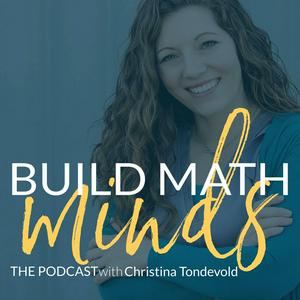
Get the free radio.net app
- Stations and podcasts to bookmark
- Stream via Wi-Fi or Bluetooth
- Supports Carplay & Android Auto
- Many other app features
Get the free radio.net app
- Stations and podcasts to bookmark
- Stream via Wi-Fi or Bluetooth
- Supports Carplay & Android Auto
- Many other app features


The Build Math Minds Podcast
Scan code,
download the app,
start listening.
download the app,
start listening.


